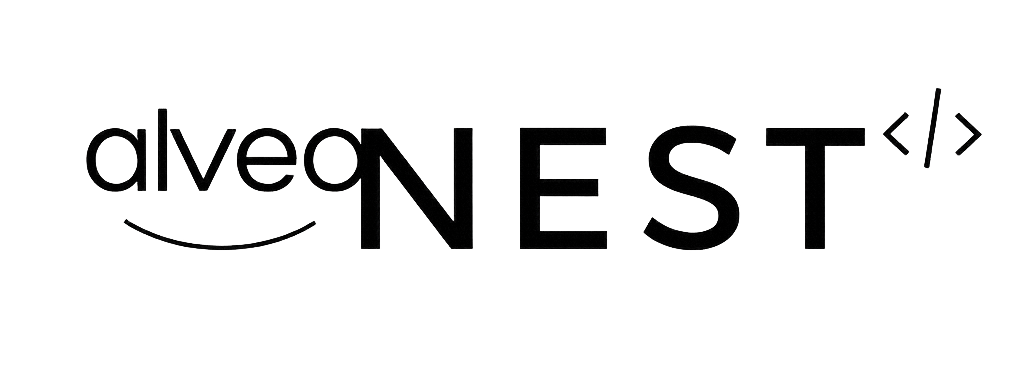Artificial intelligence is rapidly moving beyond a novelty in the classroom and is poised to fundamentally reshape the educational landscape. This isn’t about replacing teachers with robots, but about a powerful partnership that can unlock new opportunities and solve long-standing challenges. As we look to the future, it’s crucial to understand both the immense potential and the complex implications of this technological revolution.
Opportunities: Unlocking Potential
The integration of AI into education offers exciting possibilities that could transform learning for the better:
- Hyper-Personalized Learning: AI’s greatest promise is its ability to create a truly personalized educational experience. By analyzing a student’s learning patterns, pace, and unique needs, AI platforms can deliver content and exercises that are perfectly tailored. This adaptive learning ensures that every student, regardless of their background or learning style, gets the support they need to succeed. For a student struggling with a concept, AI can provide targeted feedback and extra practice, while a gifted student can be challenged with more complex materials.
- Teacher Empowerment: The biggest myth about AI in education is that it will replace teachers. The reality is that AI is a powerful assistant. It can automate time-consuming administrative tasks like grading, lesson planning, and attendance tracking. This liberation from paperwork allows educators to focus on what matters most: one-on-one student mentoring, fostering creativity, and building the crucial human connections that are at the heart of effective teaching.
- Increased Accessibility: AI can help bridge educational gaps and make learning more accessible than ever before. For students with disabilities, AI-powered tools like text-to-speech, translation, and image recognition can level the playing field. Furthermore, AI tutors and online platforms can provide high-quality education to students in remote areas, democratizing access to knowledge.
- Data-Driven Insights: AI can provide educators and administrators with real-time, actionable data on student performance. By identifying patterns and predicting areas where students may struggle, AI enables proactive intervention. This allows schools to allocate resources more effectively and ensure that no student falls through the cracks.
Implications: Navigating the Challenges
As with any major technological shift, the rise of AI in education brings significant questions and ethical considerations we must address head-on:
- Data Privacy and Security: The use of AI in education relies on collecting vast amounts of student data. This raises serious concerns about privacy. Who owns this data? How is it being used and protected? We need robust policies and ethical frameworks to ensure that student information is kept safe and used only for educational purposes.
- Algorithmic Bias: AI systems are only as unbiased as the data they are trained on. If the data reflects existing societal biases, the AI can perpetuate or even amplify them. This could lead to unfair outcomes in everything from student assessments to admissions decisions, potentially widening existing inequities.
- The Digital Divide: While AI promises greater accessibility, there’s a risk it could also exacerbate the digital divide. Schools and students without the necessary infrastructure or resources to access cutting-edge AI tools could be left behind, creating a new form of educational inequality.
- Evolving Teacher Roles: While AI can free up time, it also requires teachers to adapt. Educators must become proficient in using and understanding these new tools, and they will need to be trained not just on the technology, but on how to teach in an AI-assisted world.
The future of education is inextricably linked to the future of AI. The key to success will be a thoughtful, human-centered approach that prioritizes student well-being and equitable access. By embracing the opportunities and proactively addressing the implications, we can use AI to build a smarter, more inclusive, and more effective educational system for generations to come.
